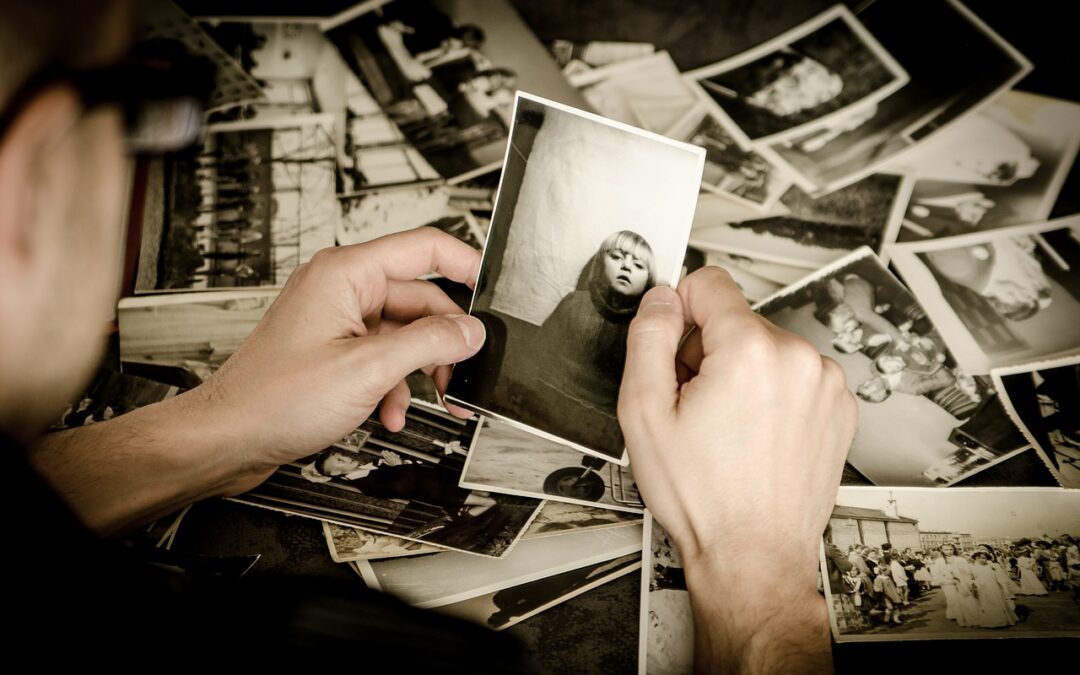
Do They Even Remember Your Name?
Margareta.
For the four short years you were in our lives, your name was spoken more times than I could ever possibly count.
Not just by me, your dad and brothers, but by a multitude of family and friends. We spoke it, sang it, and wrote it every day. You corrected people on the pronunciation of your name by emphasizing every syllable. “My name is Mar-Gar-Eh-Tah.” Your name was part of the daily fabric of our lives. And we took it for granted that it always would be.
And then one day…it wasn’t.
On the day you died, a wave of shock and despair hit everyone who knew you. It took our breath away and left us speechless. Nobody seemed to know the right words to say to make sense of this sudden tragedy. But they tried their best to offer us comfort. They showed their support in condolence calls and cards.
Many quoted the bible, and offered us sayings they thought would soothe our broken hearts.
“God needed an angel.”
“She’s at peace in the arms of Jesus.”
Others just spoke their hearts in the simplest way possible.
“I’m so sorry for your loss. I don’t know what to say.”
“I can’t believe she’s dead. I feel sick.”
No matter the words spoken and whether they resonated with me or not, I felt supported. I felt our family wasn’t alone in our horror.
But then the funeral was over and everyone went home to resume their lives. The cards stopped coming. The phone stopped ringing. And yet our grief was just beginning. It didn’t end the day we buried you. It grew.
How could we go back to living our normal lives if you weren’t here to live it with us? And how could the earth keep spinning? How could people keep going about their daily business – laughing and happy – when everything in our life had been ruined? The feeling was maddening.
Occasionally we would get a call to see how we were doing. But it was never about you.
It was always about their concern for us and how they could help support us. They didn’t mention your name. While I was filled with gratitude to know that people still cared, all I wanted to do was talk about you and how your absence in our life was suffocating.
Over time the calls of concern stopped coming and were replaced by invitations to get back to our previous routines. We were invited to parties, dinners, outings, etc. We were encouraged to get back to the land of the living. At first, we often declined, but the invitations kept coming. And your name was virtually never mentioned.
Years after your death, your name is rarely said. Virtually the only way I can still hear your beautiful name – Margareta – is if I say it. I have to bring you up in conversation.
It makes me wonder whether people still think of you. It makes me fear that you are already forgotten.
After all, you were only here for four short years.
I’m not the only one who feels this way. This is a common topic – and source of despair – at grief support groups. Those who are bereaved live in a world where those we love remain at the forefront of our thoughts. This isn’t just in the first few months or years after your death. It is for the rest of our lives.
We may even get chastised from family and friends who want us to get over your death and get back to being the way we were before you died. Like that will ever happen.
I’ve heard many times a few theories of why people never say your name.
First, they think it will remind me of the pain of your death. As if that pain has ever gone away. If they only knew that hearing your name eases the pain…even if just for a brief moment.
Second, they don’t know the “right” words to say. I suppose it is a twisted interpretation of the phrase, “If you don’t have something nice to say don’t say anything at all.” To which I reply, even if they say something that doesn’t come out quite right, at least they’ve shown me that you’re still on their mind.
One of the greatest gifts someone can give to me is the act of saying your name.
Not waiting until I bring you up in conversation. Or only mentioning you on your birthday or the anniversary of your death. But any time they happen to think of you . Even if just for a brief second. I’d love to know that outside of our immediate family, we’re not the only ones who still think of you, love you, and acknowledge that you existed.
Margareta. How I love hearing your name.





 This website was inspired by the memory of Margareta Sol Kubitz in hopes of helping others work through the pain of grief.
This website was inspired by the memory of Margareta Sol Kubitz in hopes of helping others work through the pain of grief.